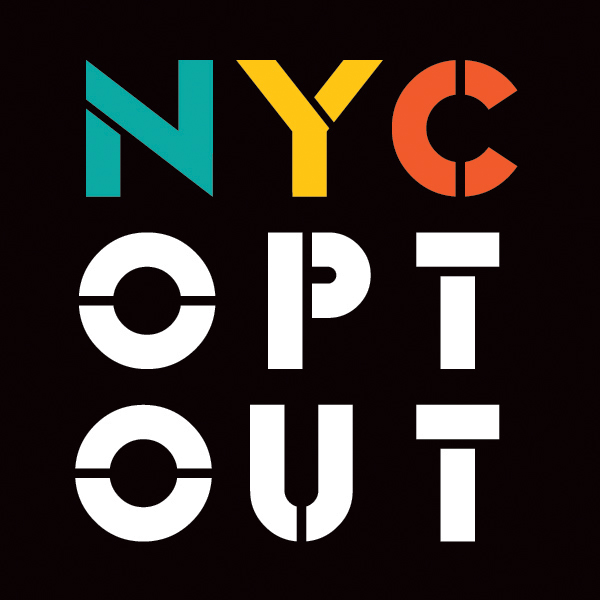Race, Class, & Opt Out
“…the Opt Out movement is a vital component of the Black Lives Matter movement and other struggles for social justice in our region. Using standardized tests to label black people and immigrants ‘lesser,’ while systematically under-funding their schools, has a long and ugly history in this country.” --Seattle NAACP President Gerald Hankerson
In 2013, former federal education secretary Arne Duncan famously portrayed the opposition to Common Core standards and tests as a bunch of "white suburban moms" upset that their precious children were being challenged. Duncan got an earful for the remark, and not just from the demographic he called out. "I ain't white, and it doesn't matter a damn, but I am a mom, and I am now in angry Mommy Bear mode," one mother responded.* She was not an anomaly. All along, people of color have participated in test resistance and, in fact, many of the opt out movement's writers, researchers, and grassroots leaders are not white.
“While it’s true that currently the students opting out are disproportionately white, to portray opting out as a white people thing is to make invisible the important leadership role that people of color have played around the country,” writes teacher and activist Jesse Hagopian in an article he wrote to push back against the perceived wisdom that high-stakes standardized testing will somehow right the wrongs done to generations of children. The leaders he alludes to, including NYC Opt Out activist and mother Johanna Garcia (featured in the video above), have spoken and written powerfully about how a test-focused education system is particularly harmful for children of color and children living in poverty and have drawn explicit connections between high-stakes testing and the school-to-prison pipeline.
When there are inner-city schools that are literally crumbling from neglect and students who bring with them to class the myriad traumas that come from poverty, test refusal might not seem high on the to-do list. But how can young people demonstrate their “innate brilliance,” as Congressman (and former Bronx principal) Jamaal Bowman puts it, when standardized testing demands standardized instruction, cutting off the avenues these young people need to develop their “self esteem, self worth, self confidence?” How can rote preparation for tests be better for these students (or any student, really) than reading and discussing The Autobiography of Malcolm X or The New Jim Crow? (Eighth graders at Bowman’s school read these books; they also engage in “maker” activities, dance, and do lots of hands-on science.)
Test refusal connects so many issues that affect public school students everywhere but are felt hardest in poor communities of color. We don’t have enough money to heat our schools or lower class size, but we somehow can pay for production and printing of tests, test prep material, scoring for tests, shipping the tests? Or we use the narrow metric of test scores to determine which schools to close, ignoring other ways these institutions may be anchoring or benefiting the community? Once the schools close they can be replaced by “no-excuses” charter schools which enforce a kind of rigid discipline which for many feels more like preparation for being an obedient worker drone than the training needed to be innovative leader.
Looked at from this perspective, test resistance is not secondary at all, but an important way of advocating on all these fronts at once. In the video below, Jesse Hagopian connects those dots, ending with a plea for parents to opt their children out of the tests.
For more information see: A Deeper Dive: Testing, Race, & Class and Urban Opt Out Statistics in NY State and our videos of the event: A Standardized Test Is A Poor Substitute For Justice
SOURCE:
* https://www.npr.org/templates/story/story.php?storyId=246201831
Videos of Johanna Garcia and Jesse Hagopian were made for the Network for Public Education by Shoot4Education.




